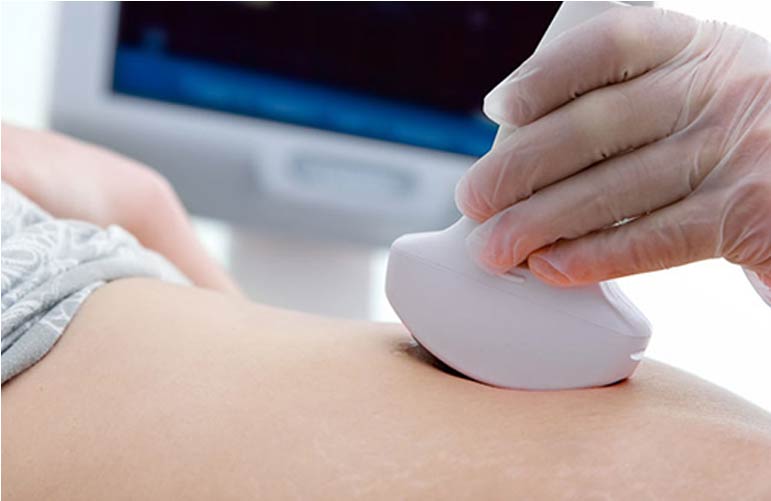
Down Screening
Down syndrome is a genetic disorder caused by abnormal cell division and the presence of extra genetic material from chromosome 21. Down syndrome is characterized by a distinct facial appearance, intellectual disability, and developmental delays, and may be linked to thyroid or heart disease.
All pregnant women are offered a Down Syndrome test to assess the risk of their child being born with this condition. If your Down syndrome screening test reveals that you are at high risk, you will usually be offered a diagnostic test.
The vast majority of babies are perfectly normal. However, all women, regardless of age, are at risk of having a baby with a physical or mental abnormality such as Down syndrome. This condition is primarily looked for during the first trimester.
Remember that screening is not a diagnostic test; it is only a tool for determining whether your baby has Down syndrome. The screening determines whether your baby has Down syndrome, trisomy 13, or trisomy 18.
An ultrasound examination of the fetus for nuchal translucency (NT), a measurement of the fluid beneath the skin, allow across the ductus venosus, the physiological valve regulating blood flow to the heart, is used to screen for Down syndrome. The ultrasound is recommended for week 12 of pregnancy. The ultrasound, on the other hand, can be performed between 11 and 13 weeks and six days of pregnancy. It is a very specific type of ultrasound.
